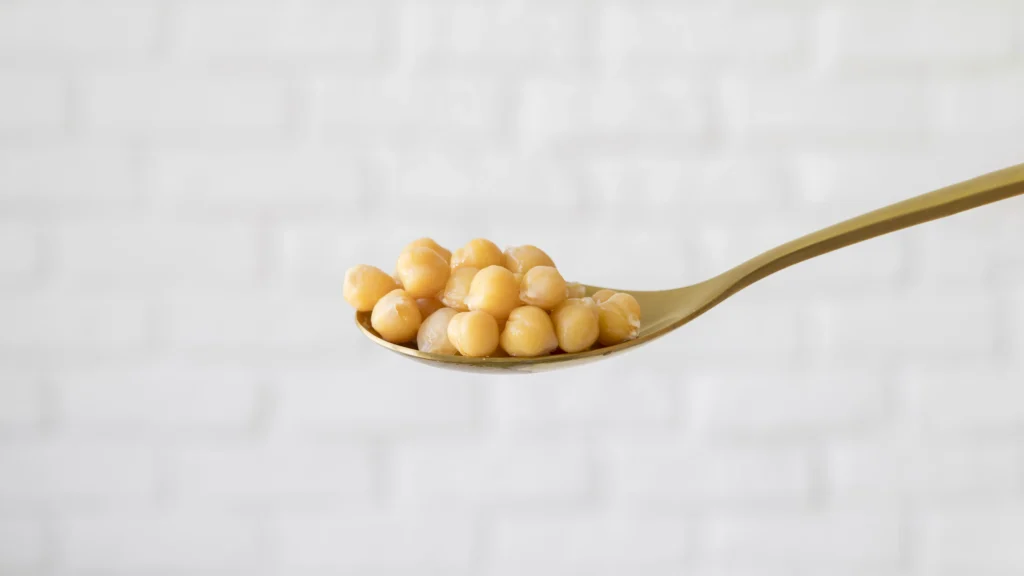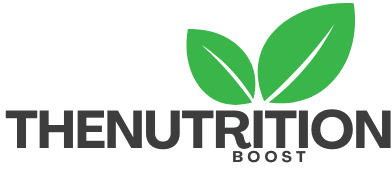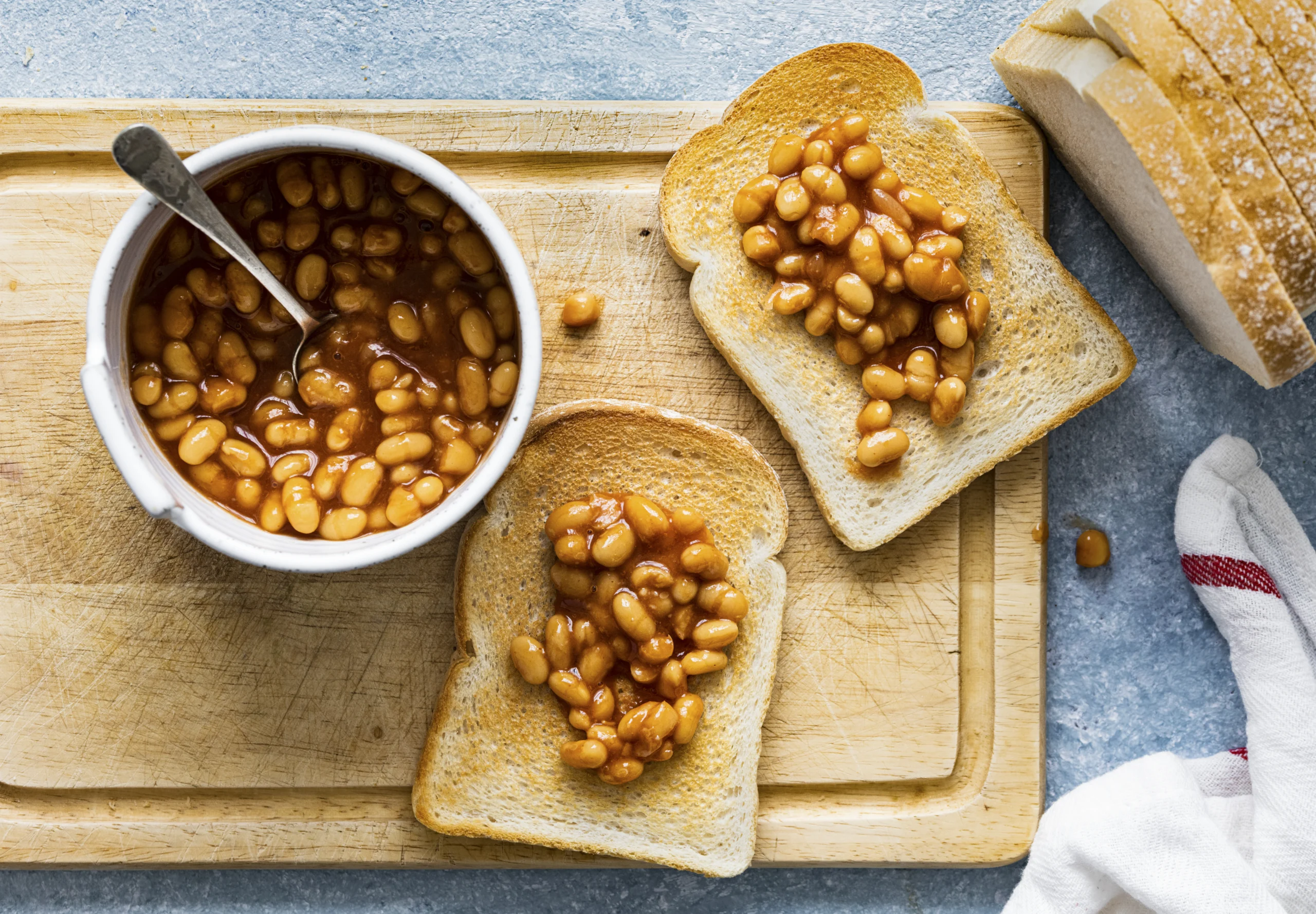Butter Beans Nutrition: Key Vitamins, Minerals, and Calories Explained
Introduction:Butter Beans Nutrition
Imagine a world where healthy eating doesn’t have to be complicated. You’re looking for a simple, affordable, and nutritious food to add to your diet—one that fuels your body, keeps you satisfied, and provides essential vitamins and minerals. Enter butter beans. These creamy, nutrient-packed legumes are more than just a side dish; they’re a powerhouse of health benefits. Whether you want to boost your energy, improve digestion, or maintain heart health, butter beans deserve a spot on your plate.
In this in-depth guide, you’ll learn everything you need to know about butter beans’ nutrition, from their calorie content to their key vitamins and minerals. We’ll also explore their health benefits, the best ways to prepare them, and answer common questions to help you make the most of this superfood.
Table of Contents
What Are Butter Beans ?
Butter beans, also known as lima beans, are a type of legume that have been cultivated for centuries. Their mild, buttery flavor and creamy texture make them a favorite in soups, stews, and salads. You can find them in different forms—fresh, dried, and canned—making them a versatile addition to any kitchen.
Nutritional Profile of Butter Beans
Calories and Macronutrient Breakdown
Understanding the calorie and macronutrient profile of butter beans can help you incorporate them into your diet effectively.
- Calories: About 115 kcal per 100g (cooked)
- Protein: 7.8g – essential for muscle growth and repair
- Carbohydrates: 20.2g – providing sustained energy
- Dietary Fiber: 7.0g – aiding digestion and promoting gut health
- Fats: 0.4g – minimal fat content makes them heart-healthy
Key Vitamins in Butter Beans
- Folate (Vitamin B9) – Crucial for red blood cell formation and brain function.
- Thiamine (Vitamin B1) – Helps convert food into energy and supports nerve function.
- Vitamin K – Important for blood clotting and bone strength.
Essential Minerals in Butter Beans
- Iron – Supports oxygen transport in the blood, preventing anemia.
- Magnesium – Helps maintain muscle and nerve function.
- Potassium – Essential for balancing blood pressure and hydration.
- Zinc – Boosts immunity and supports metabolic function.
Health Benefits of Butter Beans
1. Promotes Heart Health
- High fiber content helps lower bad cholesterol (LDL), reducing heart disease risk.
- Potassium regulates blood pressure, keeping your heart in check.
2. Aids Digestion and Gut Health
- The rich fiber content prevents constipation and promotes a healthy digestive system.
- Butter beans act as a prebiotic, feeding beneficial gut bacteria.
3. Supports Weight Management
- Keeps you fuller for longer, reducing overeating.
- Low in fat and calories, making them an excellent food for weight loss.
4. Regulates Blood Sugar Levels
- Complex carbohydrates prevent sugar spikes and crashes.
- Fiber slows glucose absorption, keeping energy levels stable.
How to Incorporate Butter Beans Into Your Diet

Simple Cooking Methods
- Boiled – Ideal for soups and stews.
- Sautéed – Perfect for salads and side dishes.
- Mashed – A great base for dips and spreads.
Delicious Butter Bean Recipes
Butter Bean and Veggie Soup
| Ingredient | Quantity |
|---|---|
| Butter beans | 1 cup |
| Carrots | 1/2 cup |
| Celery | 1/2 cup |
| Onion | 1 small |
| Garlic | 2 cloves |
| Vegetable broth | 4 cups |
| Olive oil | 1 tbsp |
| Salt & Pepper | To taste |
Instructions:
- Sauté onion, garlic, and celery in olive oil until soft.
- Add carrots, butter beans, and vegetable broth.
- Simmer for 20 minutes, then season to taste.
- Serve warm and enjoy!
FAQs: Butter Beans Nutrition
1. Are butter beans good for weight loss?
Yes! Their high fiber and protein content keep you full, helping with portion control and reducing cravings.
2. Can I eat butter beans daily?
Absolutely. As long as they’re part of a balanced diet, butter beans provide essential nutrients without excessive calories.
3. Are canned butter beans as nutritious as dried ones?
While canned butter beans are convenient, they may contain added sodium. Rinsing them before use can reduce sodium content.
4. Do butter beans cause bloating?
Like other legumes, butter beans contain fiber that may cause bloating in some people. Soaking and cooking them well can reduce this effect.
Conclusion
Butter beans are a nutritional powerhouse packed with essential vitamins, minerals, and health benefits. Whether you’re looking to support heart health, manage weight, or simply add variety to your meals, these creamy legumes are a great addition to any diet. Try incorporating them into your favorite recipes and enjoy their wholesome goodness!
Call to Action
Have you tried butter beans in your meals yet? Share your favorite butter bean recipes or tips in the comments below! Don’t forget to subscribe for more nutrition tips and healthy recipes.
Did you benefit anything?
There are no reviews yet. Be the first one to write one.

